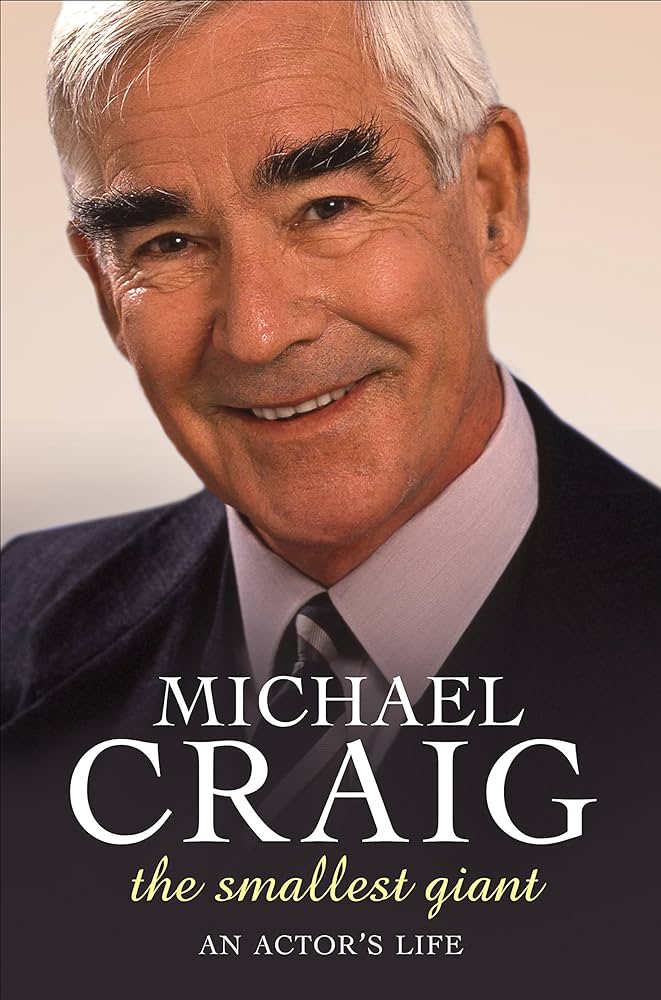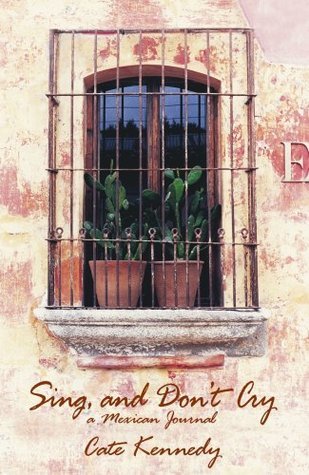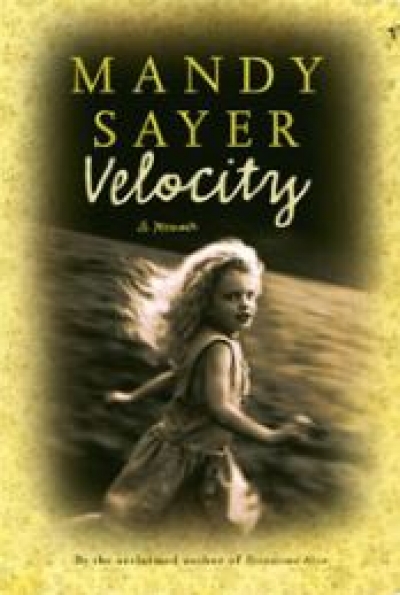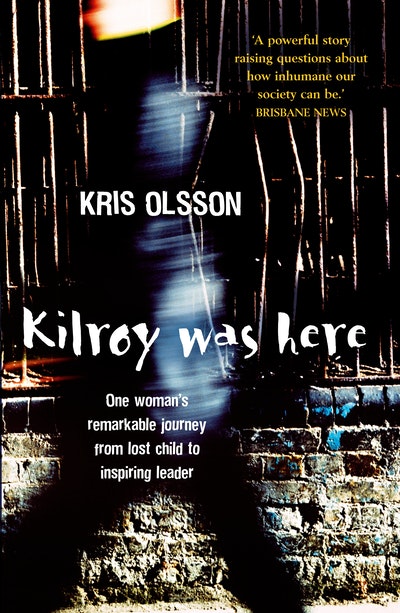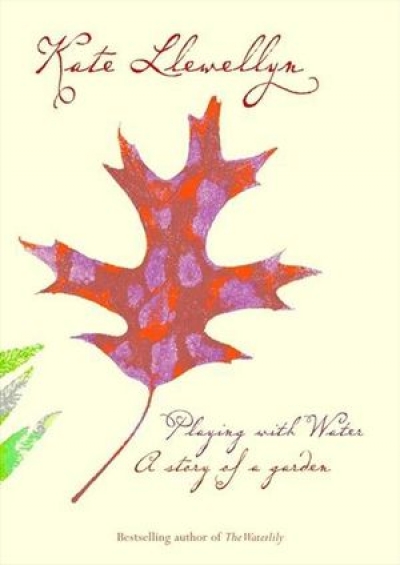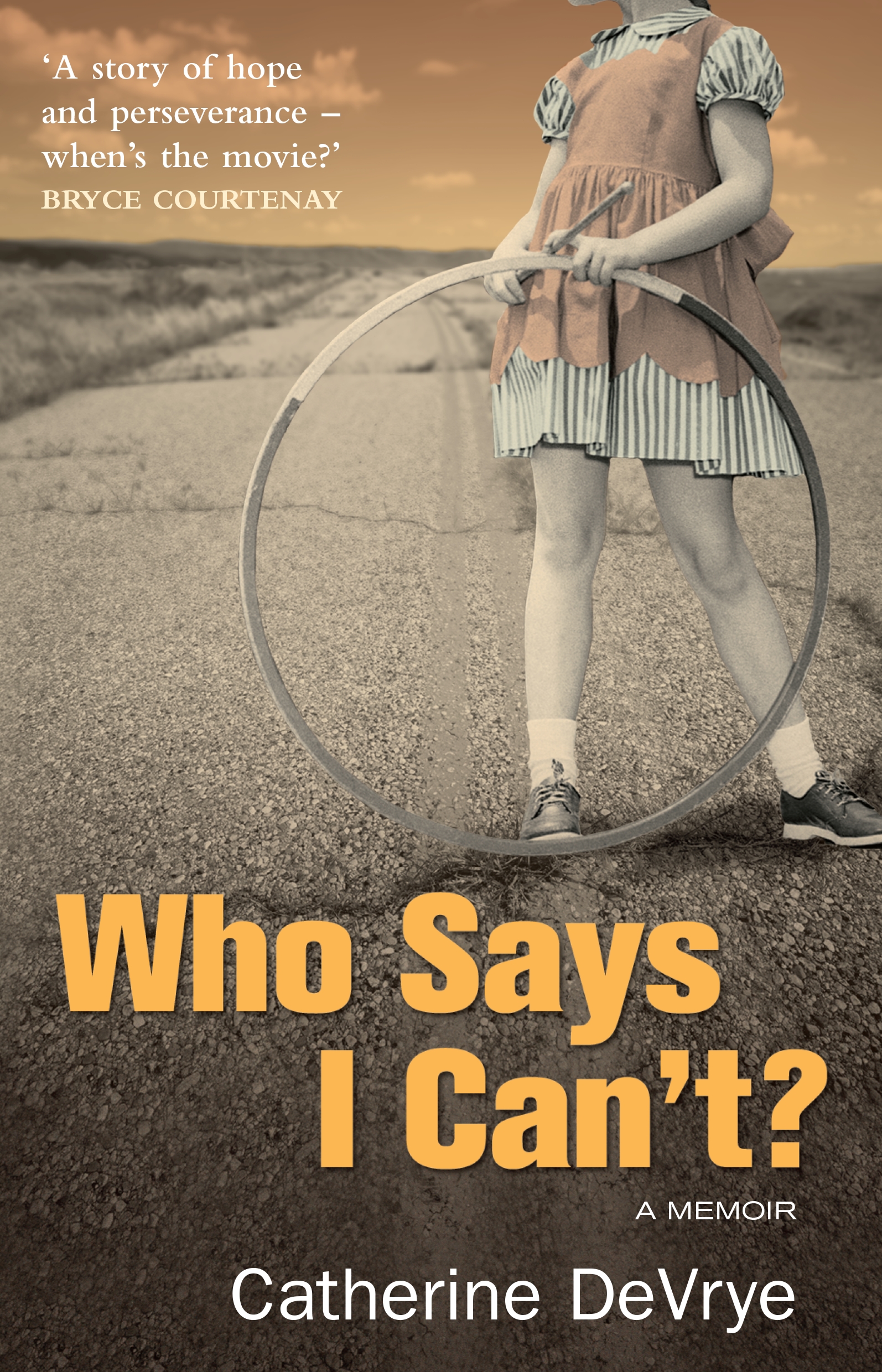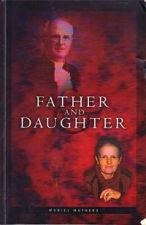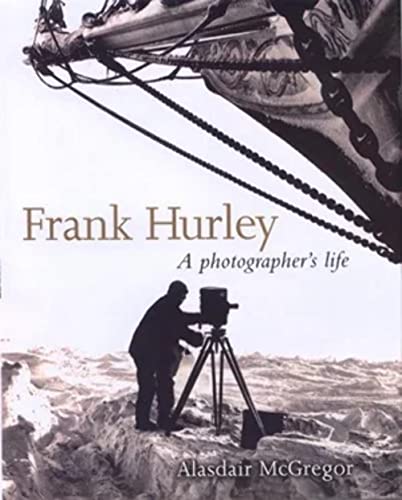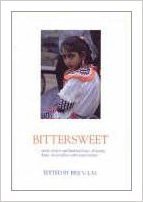The picaresque adventures of an eager young woman tap-dancing through the streets of New York and New Orleans to the rhythms of her boozy, freewheeling jazz-drummer father – it’s not surprising that Mandy Sayer’s first memoir, Dreamtime Alice, was widely embraced by reviewers and readers on its publication in 1998. Busking in the United States was Sayer’s attempt to graduate from being a listener to her father’s stories of on-the-road bonhomie into one of their players. Like her father, she uses the resulting tales to beguile and seduce, polishing them so that they reflect both the tradition of Broadway star stories and countless coming-of-age romances.
In Dreamtime Alice, Sayer’s father recounts the loss of his virginity, his daughter’s conception, his wet dreams, his drug highs, his failed schemes – a staccato rhythm of self-creating storytelling. Her mother, in contrast, ‘is shut up tight … the antithesis of my verbose father’. In Sayer’s new memoir, Velocity, the life of this silent woman moves to the foreground.
...
(read more)

